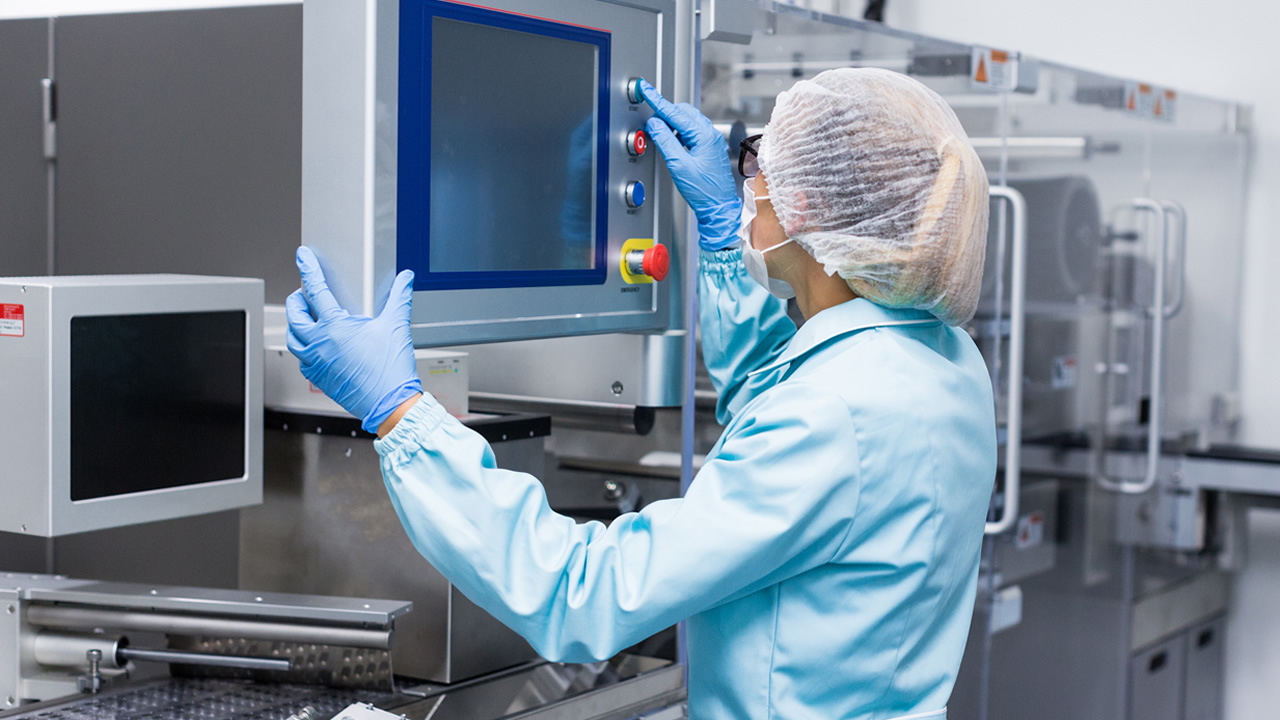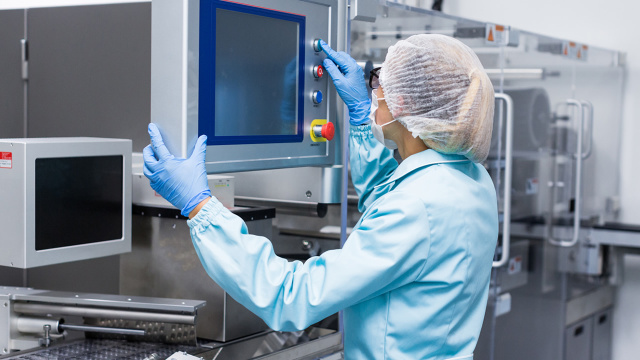Upstream processing is the initial phase of the bioprocess from cell line development and cultivation to culture expansion of the cells through harvesting. Mammalian cell culture is an important tool for research, clinical, and pharmaceutical applications. In this course, students will learn techniques such as initiating, sub-culturing, trypsinization and cryopreserving a cell culture. Students will also have hands on experience performing cell counts, extracting media samples from a bioreactor and analyzing cell samples using a bio-analyzer to determine the growth rate of the cells.
- Bioprocess Technicians
- Bioprocess Engineers
- Manufacturing Associates
- Fermentation Technicians
- Fermentation Lab Analysts
Day One
- Introduction to Cell Culture
- Processing Considerations
- Flu Vaccine: The biology of the Influenza Virus
- History of Cell Culture
- Calculations Activity: C1V1=C2V2
- Labs
Day Two
- Methods of genetic transfer
- Growth media composition and conditions
- Cell culture bioreactors
- Metabolite analysis
- Cryopreservation
- Mammalian Cell Culture Regulatory considerations
- Labs
- Learn about CGMP for Upstream Processing
- Gain an understanding of cell biology
- Demonstrate proficiency with adherent cell culture initiation, trypsinization, sub culturing and cryopreservation
- Develop an understanding of aseptic technique when performing cell culture process
- Gain a fundamental knowledge of common mammalian expression systems and the requirements for growth of suspension vs. adherent cell lines
Delivered in-person in a classroom or lab setting.
Upstream processing is the initial phase of the bioprocess from cell line development and cultivation to culture expansion of the cells through harvesting. Mammalian cell culture is an important tool for research, clinical, and pharmaceutical applications. In this course, students will learn techniques such as initiating, sub-culturing, trypsinization and cryopreserving a cell culture. Students will also have hands on experience performing cell counts, extracting media samples from a bioreactor and analyzing cell samples using a bio-analyzer to determine the growth rate of the cells.
- Bioprocess Technicians
- Bioprocess Engineers
- Manufacturing Associates
- Fermentation Technicians
- Fermentation Lab Analysts
Day One
- Introduction to Cell Culture
- Processing Considerations
- Flu Vaccine: The biology of the Influenza Virus
- History of Cell Culture
- Calculations Activity: C1V1=C2V2
- Labs
Day Two
- Methods of genetic transfer
- Growth media composition and conditions
- Cell culture bioreactors
- Metabolite analysis
- Cryopreservation
- Mammalian Cell Culture Regulatory considerations
- Labs
- Learn about CGMP for Upstream Processing
- Gain an understanding of cell biology
- Demonstrate proficiency with adherent cell culture initiation, trypsinization, sub culturing and cryopreservation
- Develop an understanding of aseptic technique when performing cell culture process
- Gain a fundamental knowledge of common mammalian expression systems and the requirements for growth of suspension vs. adherent cell lines


